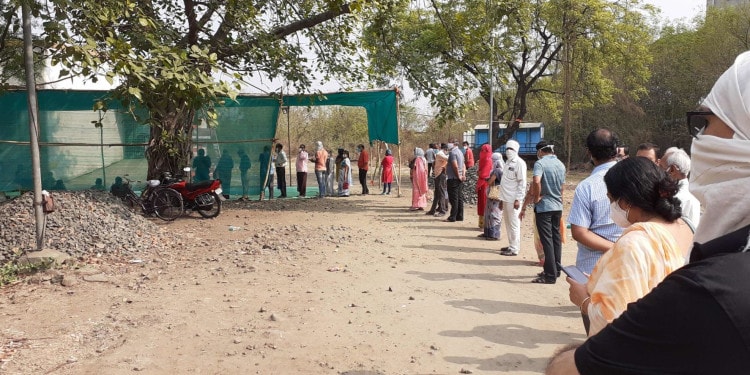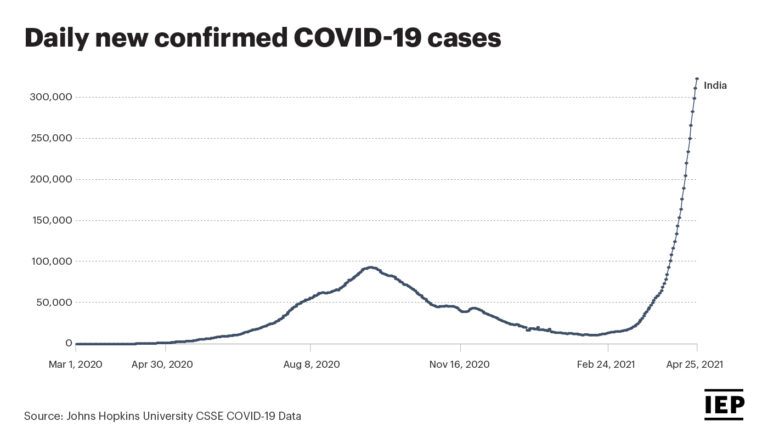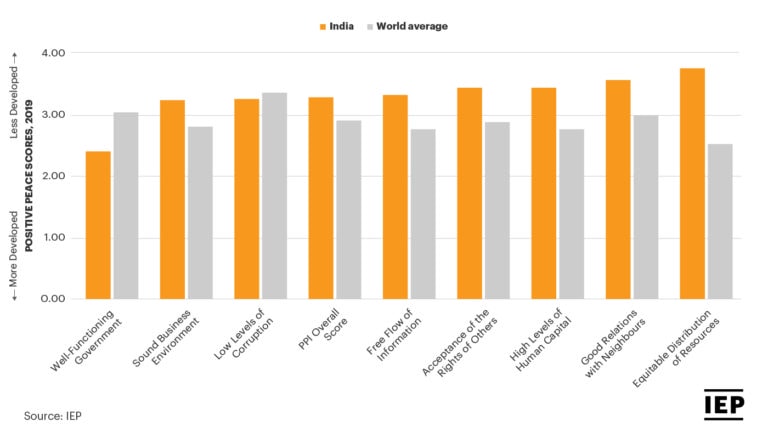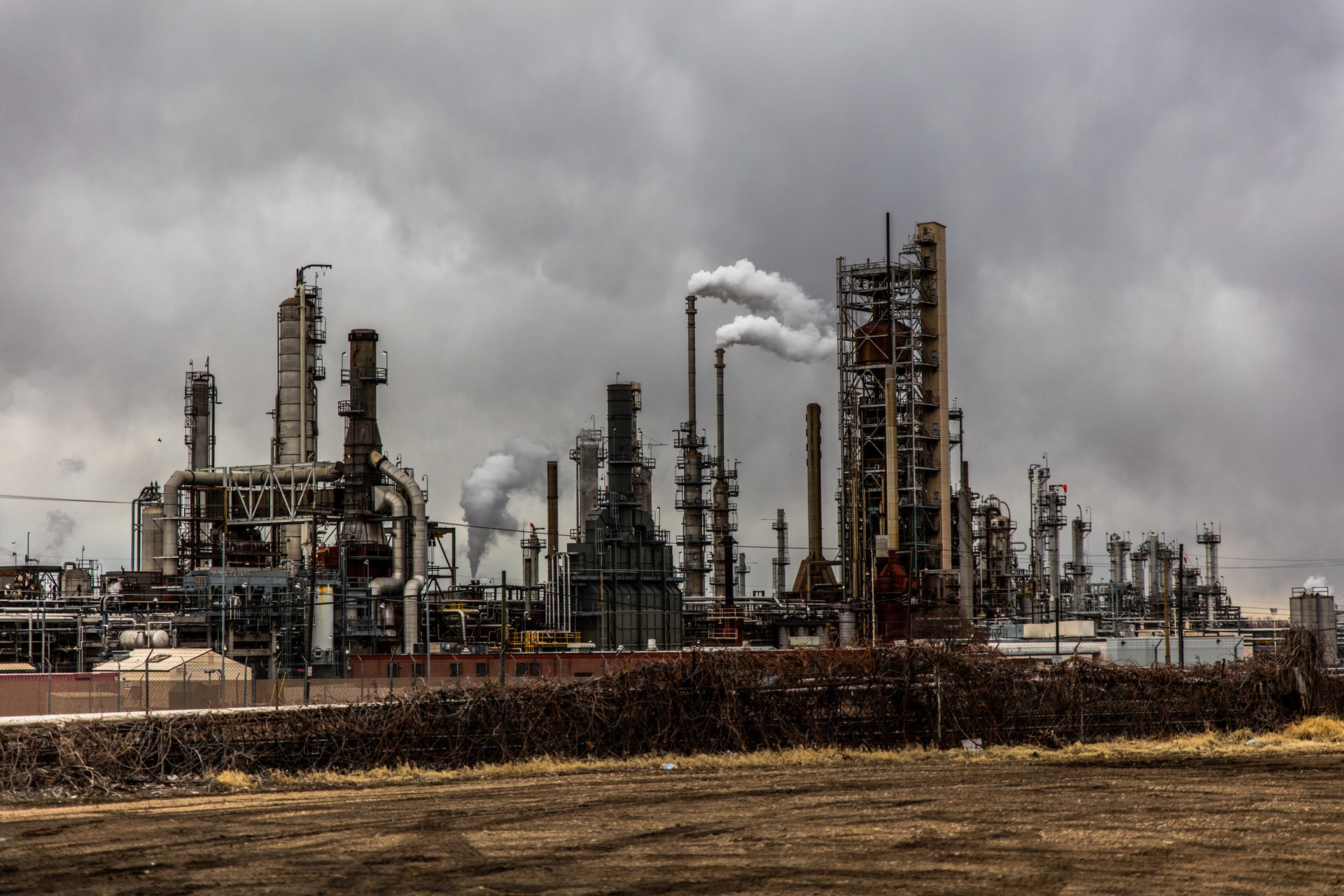The country is setting world records as it grapples with a new COVID-19 crisis.
India is suffering a swift and extreme surge in daily confirmed COVID-19 cases, setting a new global record for the most infections recorded in a day. This week the country experienced its highest level of daily new cases at more than 350,000.
The steep rise in people suffering from the illness has left hospitals without beds or oxygen to care for the sick. Reports say a shortage of medical supplies is even forcing families of patients to scour social media in search for Compressed Medical Gas, oxygen machines and medication.
Prime Minister Narendra Modi has acknowledged the crisis saying the “storm” has shaken the country, but critics say his government should not have allowed large religious and political gatherings that took place earlier this year when cases fell below 10,000 per day. Many are also outraged that the government reportedly ordered social media sites to remove posts critical of its handling of the virus.
Less than 2% of India’s population of 1.3 billion people is fully vaccinated against COVID-19.
The international community has moved quickly to address the crisis in India. The United Kingdom has sent oxygen and ventilator devices and the US said it was working to lift a ban so it could send raw materials for vaccines to help Indian vaccine manufacturers increase production.
The Indian-born CEOs of tech company giants Google and Microsoft have also pledged support. Google will give US$18 million to provide cash assistance to families hit by the COVID crisis and help seek urgent medical supplies. Microsoft CEO, Satya Nadella, pledged to use the company’s voice, resources and technology to aid relief as well as support the purchase of oxygen devices.
Positive Peace insights
With a population of 1.3 billion people, India’s ability to avoid a COVID-19 catastrophe so far has surprised and pleased medical experts.
A brief assessment of the country through the lens of Positive Peace reveals India’s ability to withstand major shocks like a pandemic. Research by the Institute for Economics & Peace (IEP) shows that India’s level of Positive Peace has been lagging behind the global average, demonstrating a lack of underlying societal resilience.
The country ranks 101 out of the 163 countries assessed in the Positive Peace Index 2020, and falls within the medium Positive Peace category with other countries such as Algeria, Bolivia, and The Philippines.
According to the latest 2019 data, India’s overall Positive Peace Index score is 3.29. Compared to the global average score of 2.91, a score that reflects a lower level of socio-economic development in India.
While the country outperforms the global average in measures of government effectiveness, it is considered far more unequal than others, showing that inequality and poverty in Indian society stand at severe levels in comparison with the international community.
Related Articles: How COVID-19 Threatens People Living in Poverty in India | Indigenous Women Break Down Language Barriers in Response to COVID-19
IEP defines Positive Peace as the attitudes, institutions and structures that create and sustain peaceful societies. Based on empirical research, IEP has identified eight interrelated factors that comprise Positive Peace and build long-lasting resilience in societies, including well-functioning government, a sound business environment, equitable distribution of resources, acceptance of the rights of others, good relations with neighbours, the free flow of information, high levels of human capital, and low levels of corruption. Known as the Eight Pillars of Positive Peace, these factors operate inter-dependently, mutually affecting each other.
Positive Peace is conceptually and empirically linked to socio-economic resilience. Countries with high levels of Positive Peace are more likely to maintain their stability and recover more easily from internal and external shocks.
Empirically, Positive Peace provides a framework for assessing a country’s level of resilience and can be used as a proxy for a country’s ability to plan, absorb and respond to shocks. A key reason for this is the mutually reinforcing nature of the societal structures underpinning the Positive Peace Pillars. For instance, when a country has strong formal institutions, such as a well-functioning legal system, in combination with strong informal institutions, such as cohesive communities, it will tend to respond or adapt to specific shocks more effectively.
— —
About the author: The article has been written by the Vision of Humanity Editorial staff — brought to you by the Institute for Economics & Peace (IEP). The IEP investigates the impact of COVID-19 and future trends in economics, politics, social dynamics, conflict and development.
Editor’s Note: The opinions expressed here by Impakter.com columnists or contributors are their own, not those of Impakter.com. — In the Featured Photo: A queue for COVID-19 vaccinations in India. Featured Photo Credit: Wikimedia Commons.













